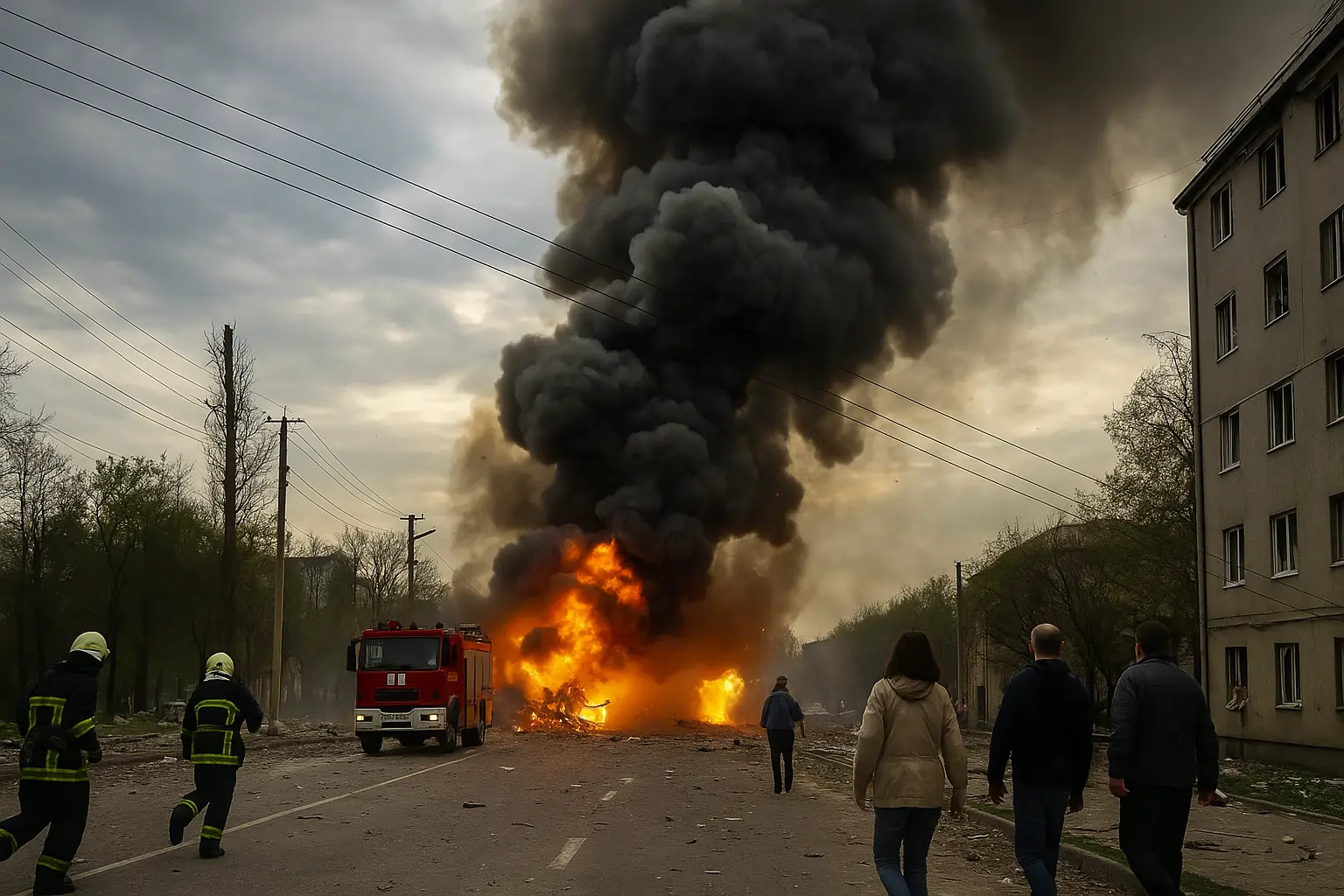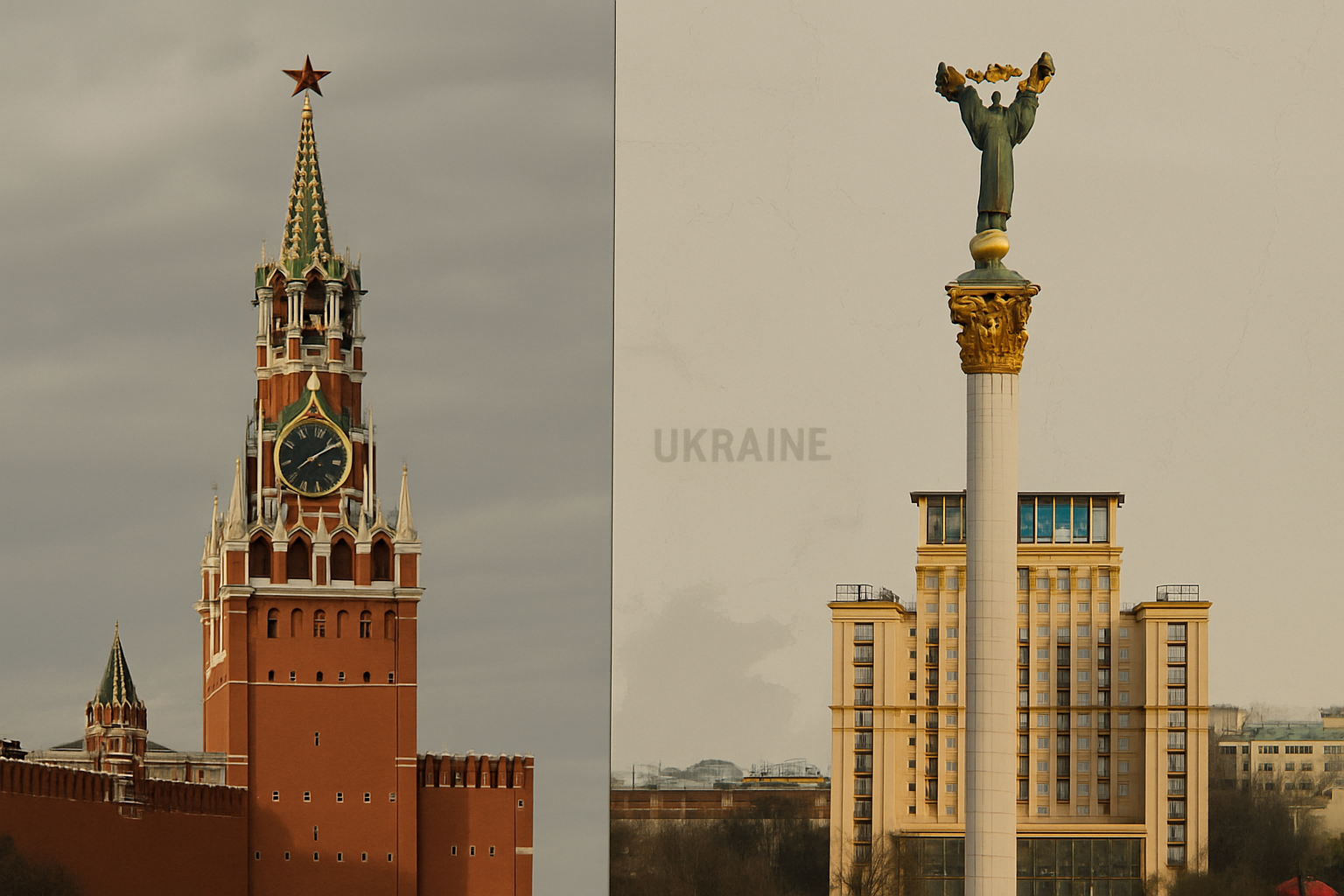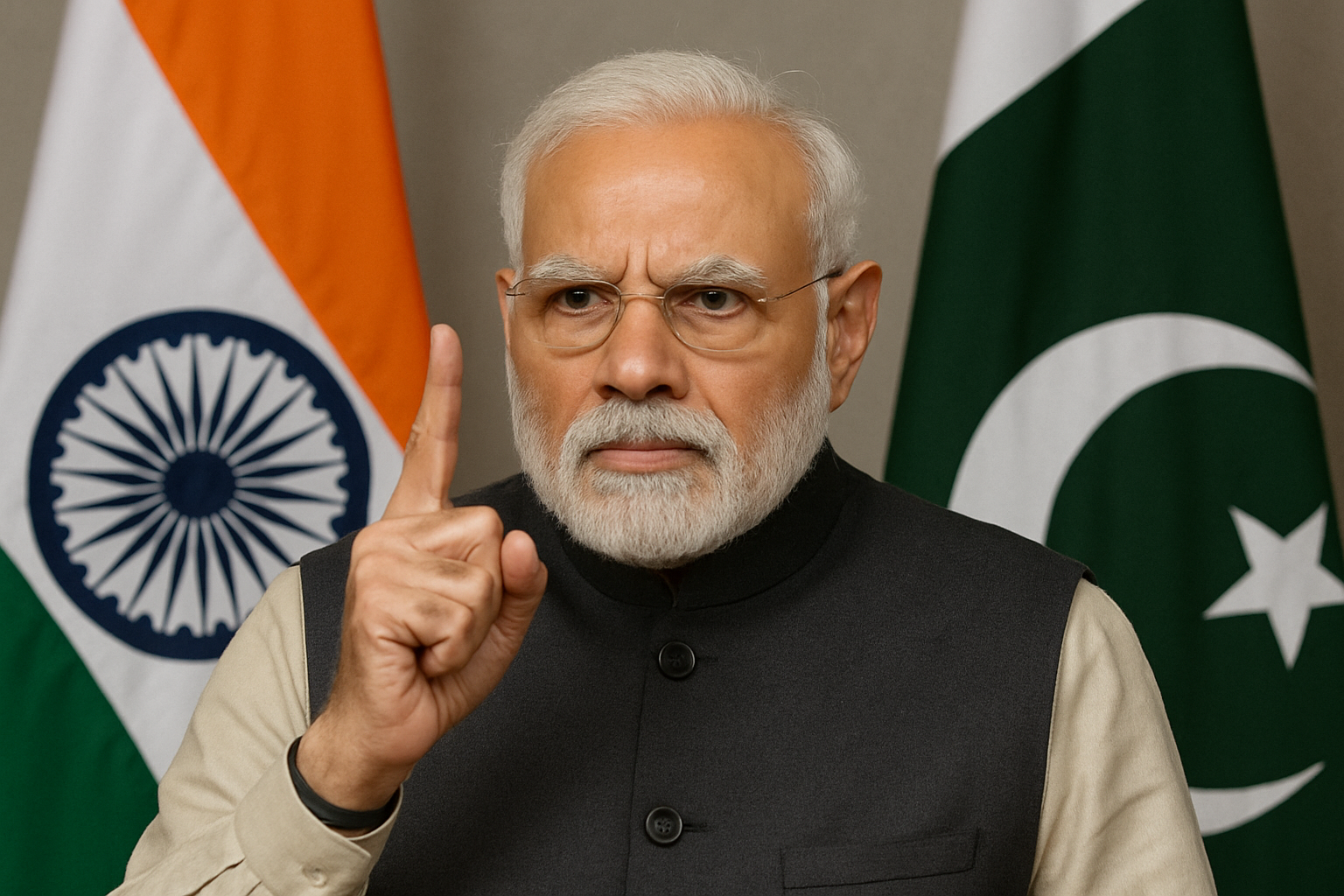The diplomatic landscape between India and Pakistan has once again been rocked by escalating tensions following Operation Sindoor, a significant military operation carried out by India. In a sharp and unprecedented response, the Indian government has ordered a Pakistani official stationed at the Pakistan High Commission in New Delhi to leave the country immediately.
Background to the Diplomatic Response
Operation Sindoor, which targeted key terrorist hideouts in Pakistan, marked a new chapter in the ongoing conflict between the two nations. The operation has drawn widespread attention for its precision and strategic significance. As news of the operation spread, diplomatic channels between India and Pakistan became the focal point of international discourse.
In the aftermath of the operation, the Indian government took immediate steps to signal its stance on the ongoing conflict. The expulsion of the Pakistani official comes as part of India’s broader efforts to assert its position and highlight the seriousness with which it is addressing Pakistan’s alleged support for terrorism across its border.
A Swift Diplomatic Action
The expulsion order was issued by the Ministry of External Affairs (MEA), which cited the official’s involvement in activities deemed harmful to India’s national security. While the specific details of the individual’s actions have not been fully disclosed, this move is seen as a direct response to the ongoing geopolitical tensions and the results of Operation Sindoor.
The expelled diplomat was given a brief window to leave India, underscoring the urgency with which India is responding to what it sees as a critical matter of national security. The diplomatic action is not only a reflection of the immediate aftermath of Operation Sindoor but also a clear signal of India’s increasing intolerance for actions that undermine its sovereignty and security.
The Response from Pakistan
In typical fashion, Pakistan has reacted strongly to the expulsion, accusing India of using the diplomatic channel to escalate tensions further. Pakistan’s Foreign Ministry condemned the move, calling it an “unjustified and provocative” action. They have vowed to raise the issue through appropriate diplomatic channels, urging the international community to intervene and mediate the situation.
However, experts suggest that this tit-for-tat action may not lead to an immediate de-escalation but could instead pave the way for further diplomatic standoffs. Both India and Pakistan have long been embroiled in such back-and-forth exchanges, which have historically done little to resolve the core issues between the two nations.
The Broader Impact
The expulsion of the Pakistani diplomat could have far-reaching implications for the already fragile relationship between the two nations. Diplomatic expulsions have long been a tool in the geopolitical toolbox of both India and Pakistan. Still, this specific incident comes at a time when regional tensions are already high, making it a flashpoint that could lead to additional actions.
For the citizens of both countries, the uncertainty continues to grow. The expulsion of a diplomat is not just an isolated incident; it reflects deeper issues rooted in long-standing conflicts. In both nations, the civilian population is left to navigate the complexities of these escalating diplomatic tensions while hoping for peace and resolution.
Moving Forward
India’s decision to expel the Pakistani official after Operation Sindoor is a reminder of the delicate and often volatile nature of international relations in South Asia. The coming days and weeks will likely see a continuation of diplomatic exchanges between the two nations, with both governments looking to strengthen their respective positions.
As always, the path to peace remains fraught with challenges, but for now, India’s diplomatic move seems to indicate that it is ready to take firm action when it comes to protecting its national interests. The world watches closely to see how Pakistan will respond and whether this latest diplomatic exchange will lead to more significant consequences on the global stage.






